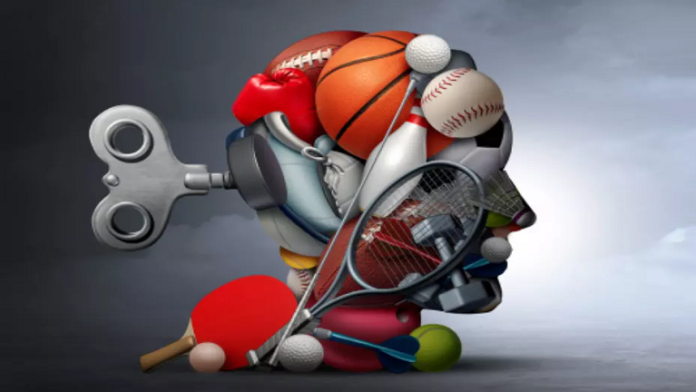Athletes today are not only training their bodies but also their minds. The growing field of sports psychology highlights the importance of mental strength in achieving peak performance.
What is Sports Psychology?
Sports psychology explores how mental processes influence physical performance. Techniques like visualization, goal setting, and stress management help athletes maintain focus and resilience under pressure.
The Impact on Teams and Individuals
From amateurs to professionals, athletes at all levels benefit from sports psychology. Team-based strategies foster communication and cohesion, while individualized approaches address personal challenges like performance anxiety.
Applying These Principles Beyond Sports
The principles of sports psychology aren’t limited to athletes. Business professionals, students, and anyone striving for personal growth can use these strategies to build confidence, set goals, and overcome setbacks.
By integrating sports psychology into training, athletes can unlock their full potential, both on and off the field.























